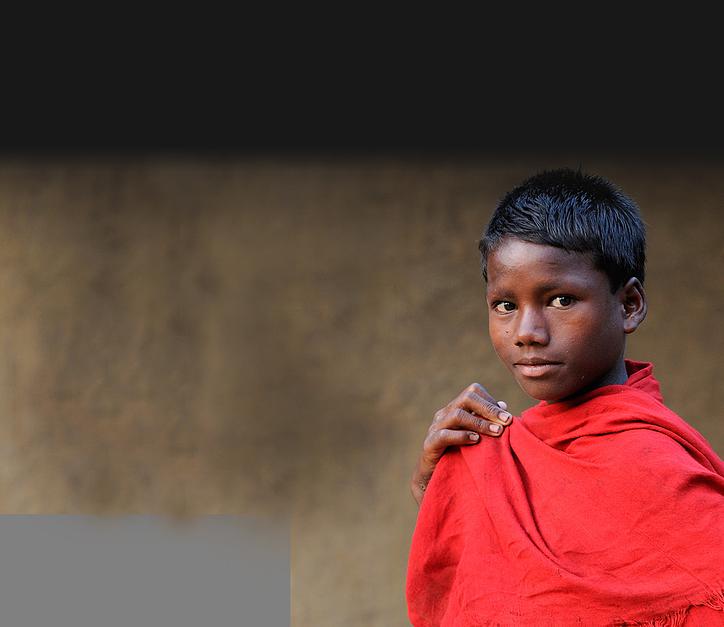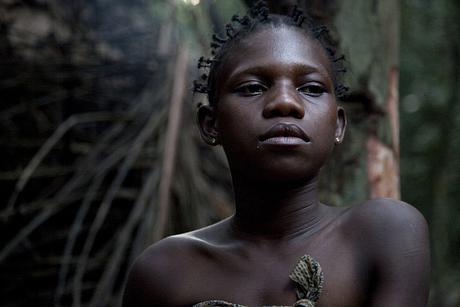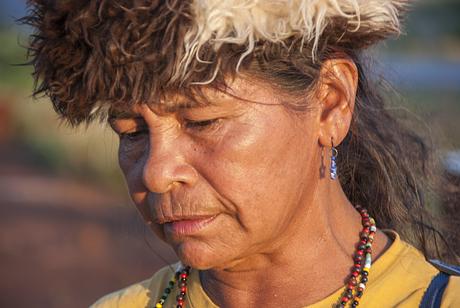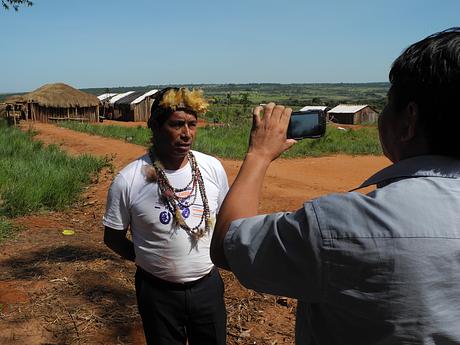
About us
We are Survival International, a global movement for Indigenous peoples’ rights.
We’re campaigning with Indigenous peoples around the world, fighting alongside them for their survival.
Our work
There are more than 476 million Indigenous people living in more than 90 countries around the world. To Indigenous peoples, land is life.
Indigenous peoples are resisting racism, land theft, forced development and genocidal violence. Their human rights are under attack. Their lands and resources are stolen for profit - but they are not giving up.
We exist to prevent the annihilation of Indigenous peoples and secure their land rights. We work with peoples around the world, and our uncompromising campaigns are rooted in these deep and enduring relationships. We offer them a platform to speak to the world, so that they can denounce the genocidal violence and racism they face on a daily basis. Through our lobbying, advocacy and public campaigns targeting powerful interests, we help defend the lives, lands and futures of people whose rights must be recognized.
Our vision
A world where Indigenous peoples are respected as contemporary societies and their human rights protected.
Join us
We need your support to bring about a radical change in public opinion to support Indigenous peoples in their struggle for their future. Help us fight one of the most urgent and horrific crises of our time.
We were founded in 1969 by a group of people appalled by the genocide of Amazonian Indigenous peoples detailed in a newspaper exposé.
For several years, we had little or no income and were run by volunteers. We published information about Indigenous peoples’ problems, supported projects in their communities, and lobbied for their rights in international forums like the UN.
But quickly it became apparent that the only effective way to support the resistance of Indigenous peoples, and thus ensure their continued survival, was also to build a groundswell of public opinion in their favour.
That’s ultimately how all progressive movements foster lasting change, from stopping the slave trade two centuries ago, to destroying South African apartheid.
Working alongside Indigenous peoples, and the Indigenous organizations that have grown in size and strength in the last 50 years, our tens of thousands of supporters around the world have helped build a global movement. Our campaigns have won hundreds of concrete successes, bringing real change for the peoples we work with.
Survival International works as a unified organization, operating in seven languages across six country offices which all have charitable/nonprofit status.
The international secretariat is based in London and its board of trustees govern the entire movement. Regional offices are managed by their own boards.
Our board members bring expertise in many different fields to Survival’s work, from Indigenous rights to journalism, via accountancy and the law, to name but a few.
In order to preserve our integrity and independence, we refuse all money from national governments, the principal violators of Indigenous peoples’ rights. We also do not accept donations from any company that abuses Indigenous peoples’ rights or is likely to do so.
Very unusually for an international NGO, Survival is funded almost entirely by the general public. Our merchandise and a few trusts and foundations also contribute to our work. That’s what guarantees our powerful and independent voice.
Many of our staff remain anonymous for their own safety. This also makes it harder for governments to block our access to Indigenous peoples.
Staff includes regional experts with direct experience of, and contacts in, hundreds of Indigenous communities and organizations. Our director is Caroline Pearce.
Our approach
We work in partnership with Indigenous peoples to amplify their voices on the global stage and change the world in their favor.
Independence: We reject money from governments so our integrity is never compromised.
Alliance: Our work is rooted in our longstanding relationships with hundreds of Indigenous communities around the world.
Investigations: We investigate, expose and confront atrocities committed by governments and big business
Advocacy: We have more than 50 years of expertise in international lobbying and campaigning that gets results
Our funding
We depend on you to fund the global movement for Indigenous peoples’ rights. Unlike many charities, we refuse national government funding and do not take money from corporations that could be violating Indigenous peoples’ rights. Why?
Because relying on your generosity gives us complete independence. It preserves our integrity, ensuring we never adjust our message or work to suit donors.
Survival is politically and financially independent of all government, political, religious or corporate involvement.
Where our money comes from
The vast majority of Survival’s funding comes from small, individual donors in over 100 countries.
A: Supporter donations & foundations (74.5%)
B: Fundraising & sales from our shop (15.5%)
C: Legacies (6.5%)
D: Investments (3.5%)
Campaigns
We won’t give up until Indigenous peoples are respected as contemporary societies, in control of their lives and lands, free to determine their own futures.

Decolonize Conservation
We’re fighting to stop human rights abuses committed in the name of conservation, and to put indigenous peoples in control of wildlife protection.

Uncontacted Peoples
There are at least 196 uncontacted Indigenous groups around the world. Their survival is under threat from violence, disease and racism. Read and take action today.

Lands and Lives
Indigenous peoples’ lands and resources are stolen for profit, even though land theft is a crime under international law.

Indigenous Voices
Unheard voices, unique perspectives. Indigenous people speak out about what matters to them.
Join the mailing list
There are more than 476 million Indigenous people living in more than 90 countries around the world. To Indigenous peoples, land is life. Find out more about them and the struggles they’re facing: sign up to our mailing list for occasional updates.
